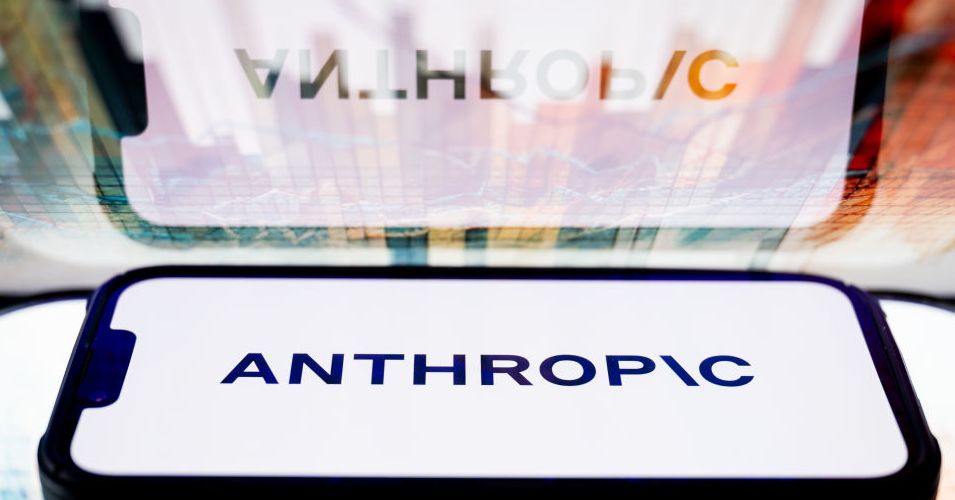SAN FRANCISCO – In a landmark decision, Anthropic has secured a major victory in a legal battle over AI copyright, with implications for similar cases across the United States.
Breaking: Court Upholds Fair Use in AI Training
A U.S. District Court has ruled in favor of Anthropic, determining that the company’s use of copyrighted works to train its AI models falls under the “fair use” doctrine. This legal principle allows for the unauthorized use of copyrighted materials under certain conditions.
“The training use was a fair use,” senior district judge William Alsup stated in a summary judgment order released late Monday.
Judge Alsup emphasized the transformative nature of Anthropic’s technology, describing it as one of the most significant advancements in recent times.
Immediate Impact
This ruling marks the first major decision in a generative AI copyright case that addresses fair use comprehensively. Chris Mammen, a managing partner at Womble Bond Dickinson specializing in intellectual property law, noted the ruling’s significance.
“Judge Alsup found that training an LLM is transformative use—even when there is significant memorization,” Mammen explained.
Key Details Emerge
The lawsuit, filed by book authors in August 2024, accused Anthropic of copyright infringement for using their works without permission. While the court sided with Anthropic on the fair use issue, it also allowed the authors to proceed to trial over allegations of piracy.
“Anthropic downloaded over seven million pirated copies of books, paid nothing, and kept these pirated copies in its library,” Alsup wrote.
Industry Response
Anthropic’s legal victory is significant, yet the upcoming trial over pirated materials presents a new challenge. The company has not yet commented on the ruling, and lawyers for the plaintiffs have also declined to speak.
By the Numbers
- 7 million pirated copies allegedly downloaded by Anthropic
- First major ruling on AI copyright and fair use
- Case filed in August 2024, judgement sought in February
What Comes Next
The trial will focus on the pirated copies used to create Anthropic’s central library and the potential damages resulting from this use. The outcome could set a precedent for how AI companies handle copyrighted materials in the future.
Background Context
The lawsuit, Bartz v. Anthropic, is part of a broader legal landscape where AI companies face increasing scrutiny over their use of copyrighted works. Judge Alsup’s experience with similar cases, such as Google v. Oracle, adds weight to his ruling.
Expert Analysis
Legal experts suggest that this decision could influence future cases involving AI and copyright. The distinction between human and machine learning processes remains a contentious issue in intellectual property law.
As the trial approaches, the tech industry and legal observers will be closely watching the developments, which could redefine the boundaries of fair use in the digital age.
